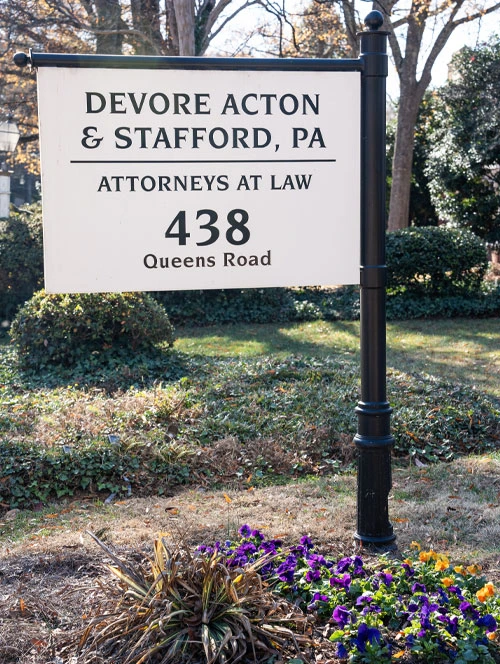Living with traumatic brain injury

Traumatic b r ain injuries can occur in North Carolina for a variety of reasons. They may be due to an automobile wreck, an accident at work or as a result of an unexpected event, such as slipping and falling while running errands. Although there may be no outward, physical signs of injury, TBI can radically impact a ll aspects of a person’s life .
The cognitive consequences of brain injuries depend on the area of the brain affected by the injury and its severity. According to Traumatic Brain Injury Resources in Alabama, individuals with TBI often have difficulty focusing on a task at hand or paying attention to more than one thing at a time. Accurately j udging distances and getting lost in familiar places can make it challenging to f unction independently as they once did.
In many cases, an injured person behave s inappropriately as they lack the self-control and self-awareness that they once had. They often have no sense of personal boundary and say hurtful things, without realizing the effect they have on those around them. While individuals may remember a lot of life before the accident, they may have gaps regarding specific events, or remember them incorrectly.
Learning and remembering new information may be challenging . Techniques for improving memory issues include the following:
- Reviewing and practicing the new information frequently
- Creating a structured routine for each day’s activities and tasks
- Using tools such as calendars, notebooks and daily task lists
- Getting ample rest and reducing anxiety as much as possible
Depending on the persistent impairment , returning to work may be difficult. For individuals with cognitive consequences, reasonable accommodations may be necess ary. Returning to work gradually , reducing workload, and taking more breaks throughout the day may help re-acclimate a person to the environment. For people with severe impairments after an accident, returning to the job they had may not be realistic.

request your consultation
"*" indicates required fields


